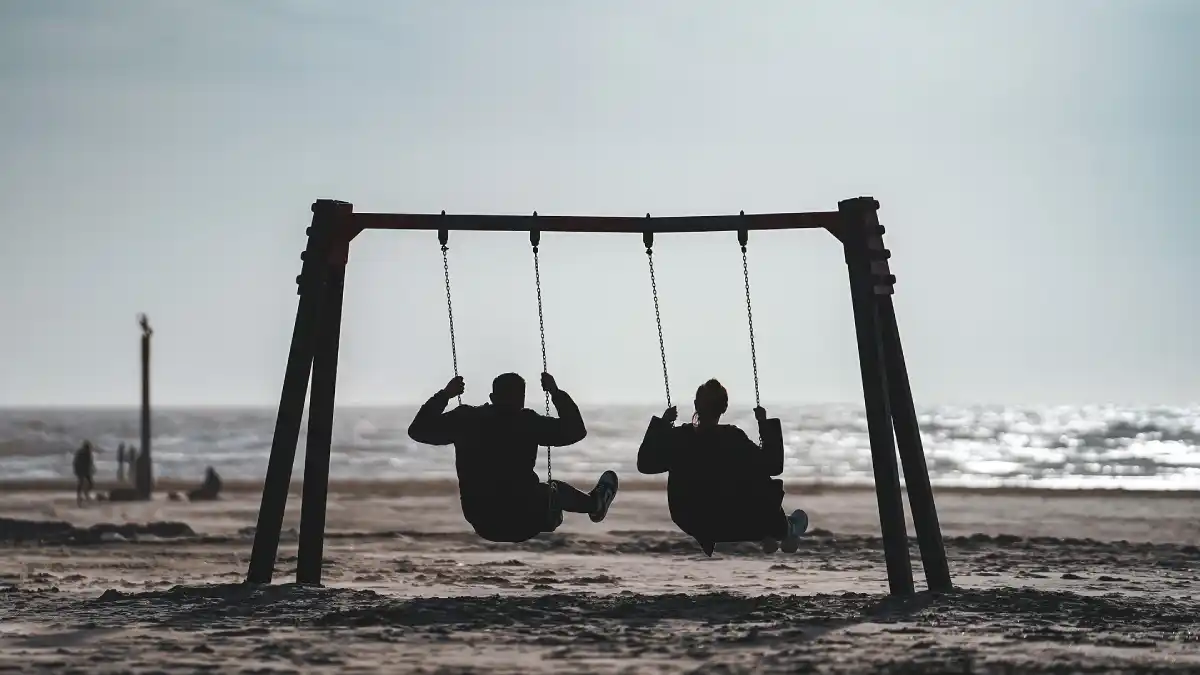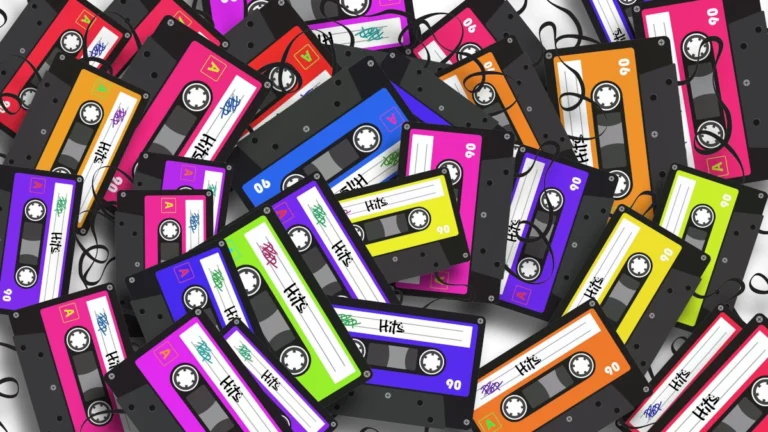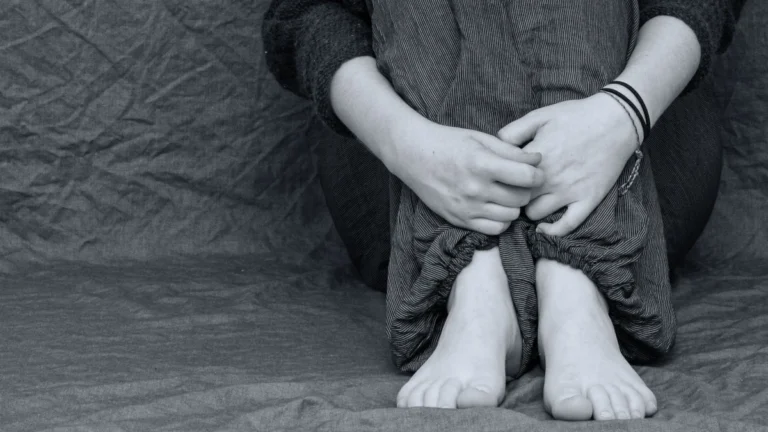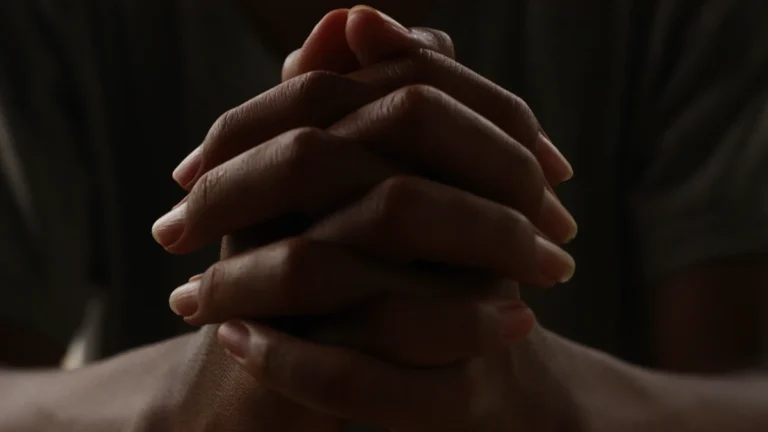On Defusing Bombs, Collapsing Realities, and the Quiet Art of Smiling in the Wreckage
In the 2008 film The Hurt Locker, Jeremy Renner plays a Staff Sergeant tasked with defusing explosives in the Iraq combat theatre. One day, he stumbles upon an IED so powerful that, had it detonated, even his Michelin-man protective gear would have merely given the forensic team something to scrape off the nearby walls. After calmly surveying the situation, he does something curious: he removes the gear. When his commanding NCO demands an explanation, he replies that if he has to die, he might as well be comfortable.
He simply could not bring himself to deny reality. If he failed to defuse the bomb, he would die. Full stop. No amount of unicorn piss would alter that cold, hard fact. So he decided to make the best of the miserable hand he’d been dealt.
Fast forward to the real world of 2024. We are constantly being peppered with bad news from every direction, as if reality had a personal grudge against us. And every time, we look surprised — like goldfish repeatedly discovering the same castle in their bowl. Yet most of what’s befallen us was perfectly visible years, often decades, ago.
This post first appeared in 2024, back when I still entertained hope that rational arguments might sway public sentiment. I’ve since remastered it—sharpened the edges, clarified the threat, and realigned it with the Grimwright ethos: use what works, discard the rest, and always—always—question the narrative. The date remains unchanged as a historical marker. The content does not.
We refused to address the 2008 financial meltdown — just as we refused to address every crisis before and after. Instead, we printed Everest-sized mountains of money to buy our way out of trouble. This wasn’t backed by collateral in the real world. It was a collective hallucination: a shared belief that value would magically stick to freshly minted currency. And for a while, the fiction held.
Now, we clutch our pearls at inflation eating away at our savings. As if spending money we don’t have would not eventually bite us on the backside. That “eventually” is now, and it’s going to keep gnawing for years. There is no free lunch, only delayed invoices.
For two decades we refused to impose real consequences on Russia for its escapades in the so-called “near abroad.” And now we’re aghast — aghast! — that Putin wages one of the most brutal wars Europe has seen in decades.
We embarked on a pilgrimage to the altar of Green Madness and are shocked, shocked, when high energy prices leave us freezing in winter and render basic goods the stuff of science fiction. Replacing functioning systems with technologies that cannot last a single day on the open market without massive taxpayer-funded life support is not “transformation”; it’s suicide by subsidy.
We surrendered to every whim of radical diversity ideologues while simultaneously denigrating our own cultures — and now we’re stunned that a tiny, very loud minority dictates how the majority must live, breathe, and think. We refused to confront activists when their demands turned absurd, and lo and behold, they pushed the absurdity pedal to the floor.
When we close our eyes to real problems, they may stay camouflaged for a while, but beneath the surface they fester and snowball. Many like to imagine that ignored problems evaporate over time. They don’t. They’re not fine wine. Time doesn’t improve them — it ferments them into something volatile.
Reality is an inhospitable place, and hard truths — especially about oneself — are intolerable to most. Those willing and able to inhabit the real world are a rare breed indeed, and likely always will be.
So how do we deal with all this?
Vote for a different bunch of politicians? Don’t make me laugh. Take matters into our own hands? History’s record on that is a tragicomedy. Rattle the “silent majority” until they act and pressure the decision-makers? That’s never worked beyond the scale of a small town bake sale — and even there, the record is abysmal.
We can’t fix it. We can’t count on leaders to fix it. And we can’t herd the majority into lucidity. We are a small minority, and that isn’t changing.
I was born in 1969, the year of the Moon Landing — when humanity briefly looked competent. It was also the year of the first ARPANET connection, Concorde’s maiden flight, the debut of the Jumbo Jet, Woodstock, Monty Python, the ATM, and UNIX. It was a year thick with innovation and optimism — a time when believing in a stellar future wasn’t naïve, it was logical.
I was just a toddler then, more concerned with my next bottle of formula than the unfolding Space Age.
Being born in 1969 makes me one of the older members of Generation X, the generation after the much-mythologised Boomers. We are few in number, the last generation born into an analogue world — untainted by digital immediacy.
We played in dirt and climbed trees. Video games arrived late in our childhood and were laughably primitive. We preferred roaming on bikes with friends, haunting public spaces, and swimming in rivers over surfing the net.
We understand how the real world works — yet we’re digitally fluent enough not to be complete relics.
Why bring this up?
Because I turn 55 this year. Old enough to remember how things worked, young enough to still be in the fight. And considering how quickly the world has liquefied into mush over the last five years, we’ll need every ounce of those skills to keep our own lives from careening off the cliff.
And that, frankly, is the only sphere we can control. The larger arc of events will unfold regardless. Not the comforting news many wish to hear, I know.
You may have hoped I’d offer some elegant plan to avert catastrophe. There’s no shortage of self-anointed prophets peddling easy solutions in endless videos. It’s soothing, I suppose, to be told that hope is just one subscription away. But if you follow my work, you’re probably not made of sugar and spice — more likely sweat and scar tissue, like me.
No amount of external rage, resistance, or hopium will alter the reality you inhabit. Only you can do that. Only you can prepare for what’s barreling toward us.
If you live in Europe, as I do, you’re staring down thirty grim years — perhaps more. I’ll be 85 by the time things might start improving, if they ever do. For most of us, this is the last version of reality we’ll experience with our faculties intact.
There’s no easy exit. The silent majority and the ruthless elites will block the hard exits until everything collapses under its own absurdity.
There will be places on Earth that fare less badly. Where there’s light, there’s plenty of shadow too. If you can escape to one of those places — good for you. Most won’t. For the rest, it’s time to accept that the future will not resemble the last 30 years of relative comfort.
Knowing all this, you might as well find some joy. How, you ask, does one have fun in an age like this? The same way a lifer in prison or a terminal patient does: defiantly.
Being miserable won’t change reality; it’ll just make every blow land harder. Swallow the bad bits, savour the good ones. Dirt-poor people often manage this. If we can’t, that’s on us.
You can look at the future and despair, or you can treat it like the challenge it is — and challenges, perversely, can be fun if you decide they are.
The person who sees the world clearly, accepts it, smiles anyway, and squeezes joy out of the rubble — that person cannot be broken.
At the end of the television series Shōgun, Lord Toranaga remarks that he does not shape the wind; he studies it. He uses the wind, whatever its direction, to his advantage. And yes — he had fun doing it.
Welcome to my world.




